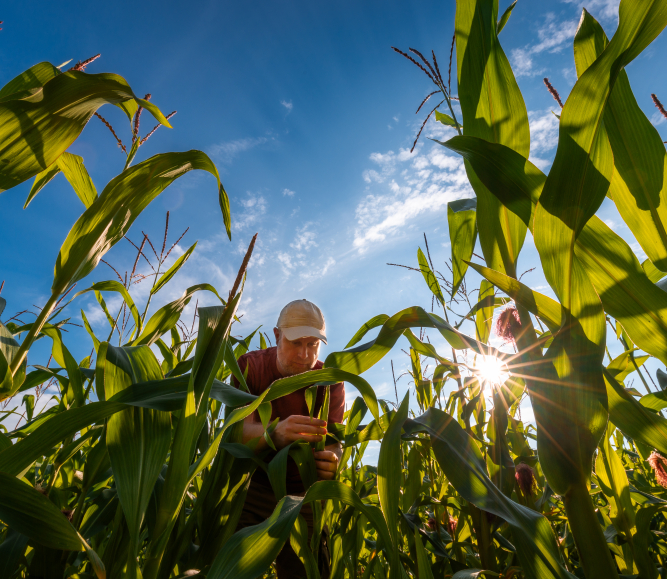NACo Primer for Counties: Foreign Ownership of U.S. Agricultural Land

Author

Owen Hart
Upcoming Events
Related News
Foreign ownership of agricultural land is receiving increasing attention from Capitol Hill and state and county governments across the country, especially ownership and transactions involving individuals and entities associated with the People’s Republic of China (PRC). While the total amount of foreign-owned agricultural land has increased over the past decade, the percentage of agricultural land owned by foreign individuals or business entities sits at just over 3 percent of all U.S. agricultural land. Entities from Canada and European nations represent the largest foreign owners of U.S. agricultural land. Although Chinese holdings account for less than one percent of total foreign-owned U.S. agricultural land, the amount of land owned or leased by Chinese-associated individuals or entities has increased by over 400 percent from 2010 to 2021.
While no federal laws restrict foreign agricultural land ownership, the U.S. Department of Agriculture (USDA) must regularly report on foreign investments in U.S. agriculture under the Agricultural Foreign Investment Disclosure Act (AFIDA). In turn, the Fiscal Year (FY) 2024 Agriculture-FDA Appropriations Bill included a provision adding USDA to the Committee on Foreign Investment in the United States (CFIUS), requiring USDA to report all agricultural land transactions under AFIDA that may pose a risk to national security. In turn, several pieces of bipartisan legislation that would enact additional reporting requirements for land transactions involving foreign entities or restrictions on foreign ownership are currently under consideration in Congress, including provisions within the House and Senate proposals for the 2024 Farm Bill.
24 states restrict foreign ownership of agricultural land in some form, while 15 states have implemented reporting requirements for foreign transactions using mechanisms similar to AFIDA. While there are currently no local laws banning or restricting foreign ownership, county governments may be directly involved in reporting land transactions involving foreign entities. The impact of foreign ownership on counties and local communities has continued to receive significant national media attention over the past ten years.
Despite the legislative attention being paid to this issue at the federal and state levels, major agriculture and forestry stakeholder groups have largely declined to take a stance on limits on foreign ownership. Nevertheless, the issue is being hotly debated in Congress, specifically as a part of broader national security discussions, and will likely be addressed in some way in the 2024 Farm Bill.
KEY HIGHLIGHTS
- Foreign holdings account for 3.4 percent of all U.S. agricultural land, with Chinese holdings accounting for less than one percent of total foreign-owned agricultural land. However, total acreage of foreign-owned agricultural land has risen sharply over the last decade, particularly for Chinese-associated holdings.
- While USDA is required to track foreign ownership and investments in agricultural land, there are no federal restrictions on foreign agricultural land ownership. 24 states have put restrictions on foreign ownership of agricultural land in place, and more are currently considering them.
- Congress is paying increasing attention to the question of foreign agricultural land ownership. The FY 2024 Agriculture-FDA Appropriations Bill included a provision strengthening reporting requirements for land transactions involving foreign entities and are likely to address the issue in the 2024 Farm Bill.
Resource
Primer for Counties: 2026 Farm Bill Reauthorization

Related News

House Agriculture Committee chairman targets Easter farm bill passage
House Agriculture Chairman G.T. Thompson (R-Pa.): “Let’s face it — the 2018 policy was really great for 2018, but it’s no match for the challenges of 2026.”

California counties fight agricultural crime
Sheriffs' offices and prosecutors in California's central valley make specific efforts to prevent and prosecute crimes against the agricultural community.

House Agriculture Committee introduces 2026 Farm Bill
On February 13, House Agriculture Committee Chairman G.T. Thompson (R-Pa.-15) introduced the House version of the 2026 Farm Bill, the Farm, Food, and National Security Act of 2026.